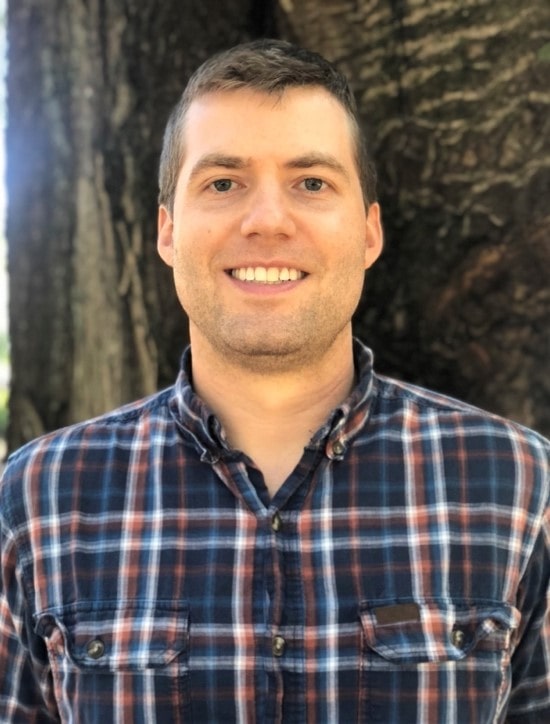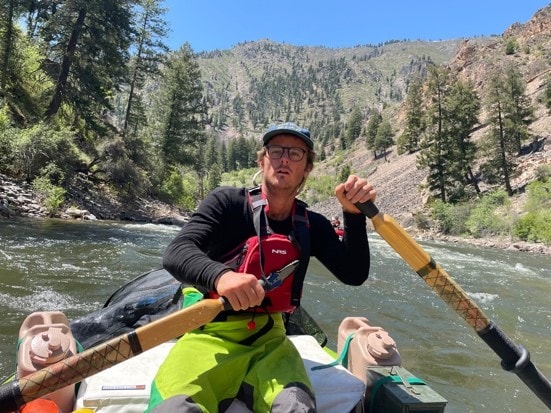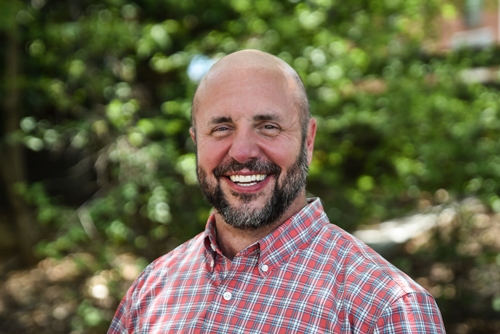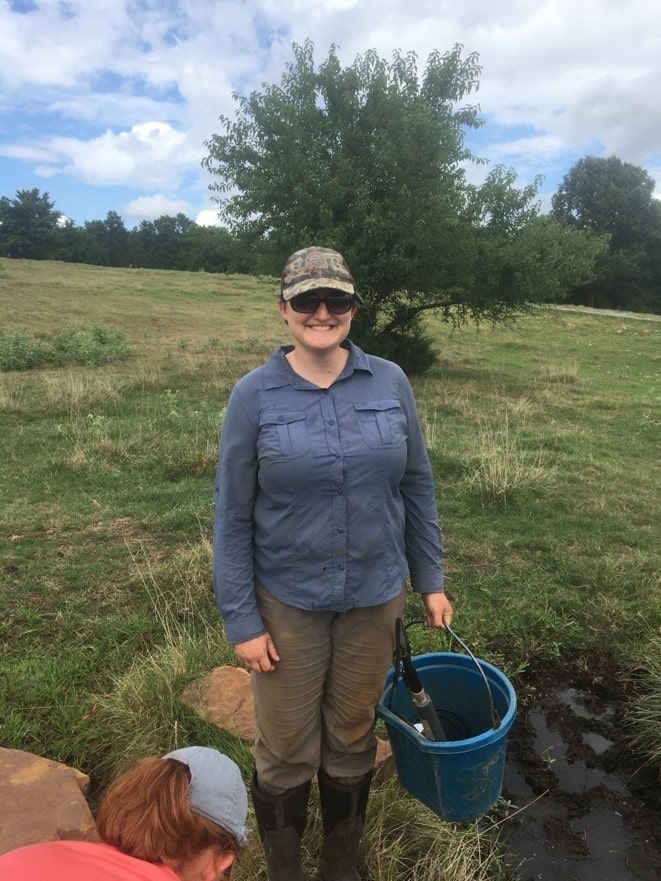This episode exemplifies our theme for Season 3 –Creating the Future with EWN. Host Sarah Thorne and Jeff King, Deputy Lead of the Engineering With Nature program at the U.S. Army Corps of Engineers, are talking with three PhD students who are doing truly groundbreaking work: Matt Chambers from the University of Georgia, Joseph Holway from Arizona State University, and Justine McCann from the University of Oklahoma.
These students represent three of the academic institutions associated with the Network for Engineering With Nature (N-EWN) initiated in October of 2020. Education and research are at the heart of the N-EWN. In this episode, we discuss the journeys of Matt, Justine, and Joseph–how they got interested in environmental science, engineering, natural infrastructure, EWN, and their plans for the future. Their paths have similarities: a personal interest in the environment, early exposure to environmental issues, finding an academic advisor whose interests aligned with their own, and then pursuing a PhD focused on a passion. These students are committed to making a difference.
Joseph describes how, as a child, he fell in love with the Grand Canyon and spent a lot of time there, then spent a semester there as an undergraduate that transformed into a years-long job running around the Grand Canyon doing science. “I was like, wow, you’re going to pay me to do these things? I wanted to work towards being more than a lab technician. I met my advisor, Dr. John Sabo, who was doing work in the Mekong River Basin; and now I’m in Cambodia working with fish and looking at how the amount of water and the timing of the water affects a fishery in Southeast Asia on the Mekong River.”
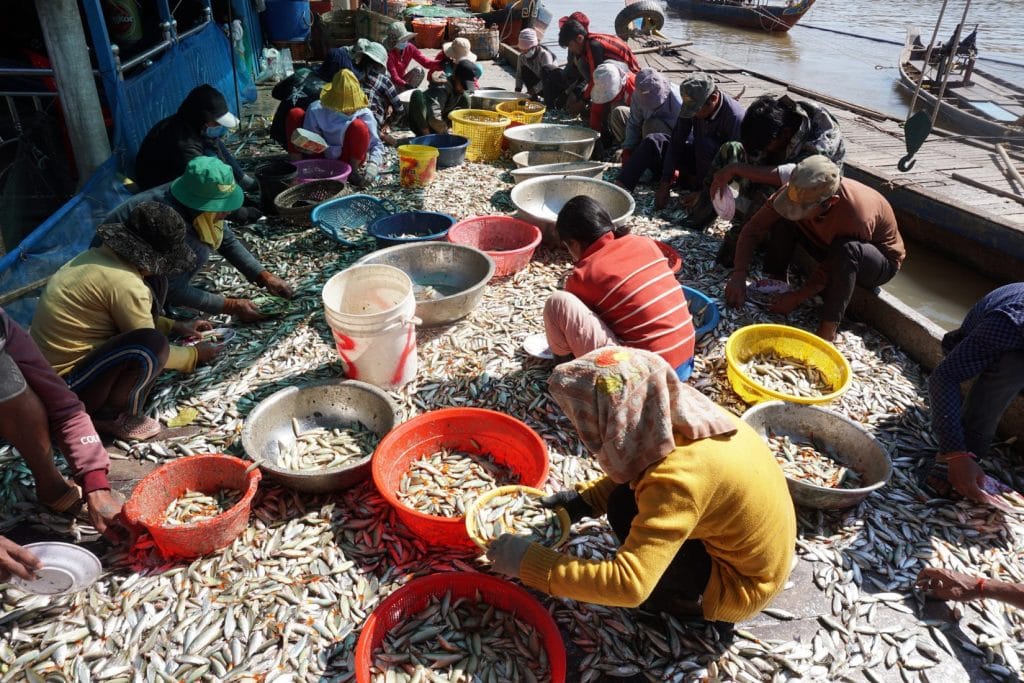
With a background in Mechanical Engineering, Matt struggled to find a long-term path that suited him. He took environmental science courses that aligned with his interest in environmental stewardship. These courses eventually led him to Dr. Brian Bledsoe’s lab where he is working on riverine systems and flood management infrastructure using nature-based features. Dr. Bledsoe is the Director of the Institute for Resilient Infrastructure Systems at the University of Georgia. As Matt describes his work, “Utilizing nature-based features that already perform natural processes that manage floodwaters will be one way that we can make those systems more resilient in the face of climate change.”
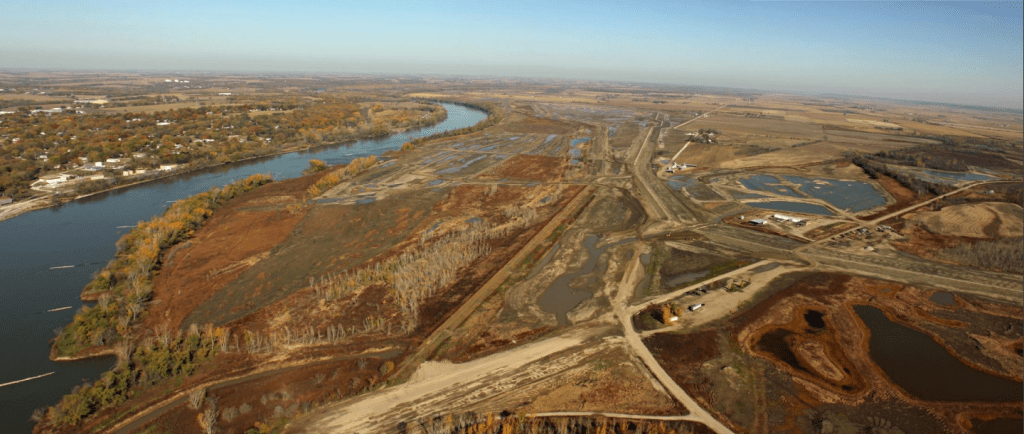
Credit: David Crane, USACE Omaha District
Justine has a background in geology. A strong field program at Penn State introduced her to the complex problem of mine drainage prevalent in the coal country of Appalachia. After doing some consulting, she found her path forward: “When I heard my current advisor, Dr. Bob Nairn, talking about that at the Geological Society of America meeting, I thought his approach to it was very interesting because it’s such a low-energy approach to solving such a complex problem. I thought it would be a great fit for me to work on these more innovative strategies.”
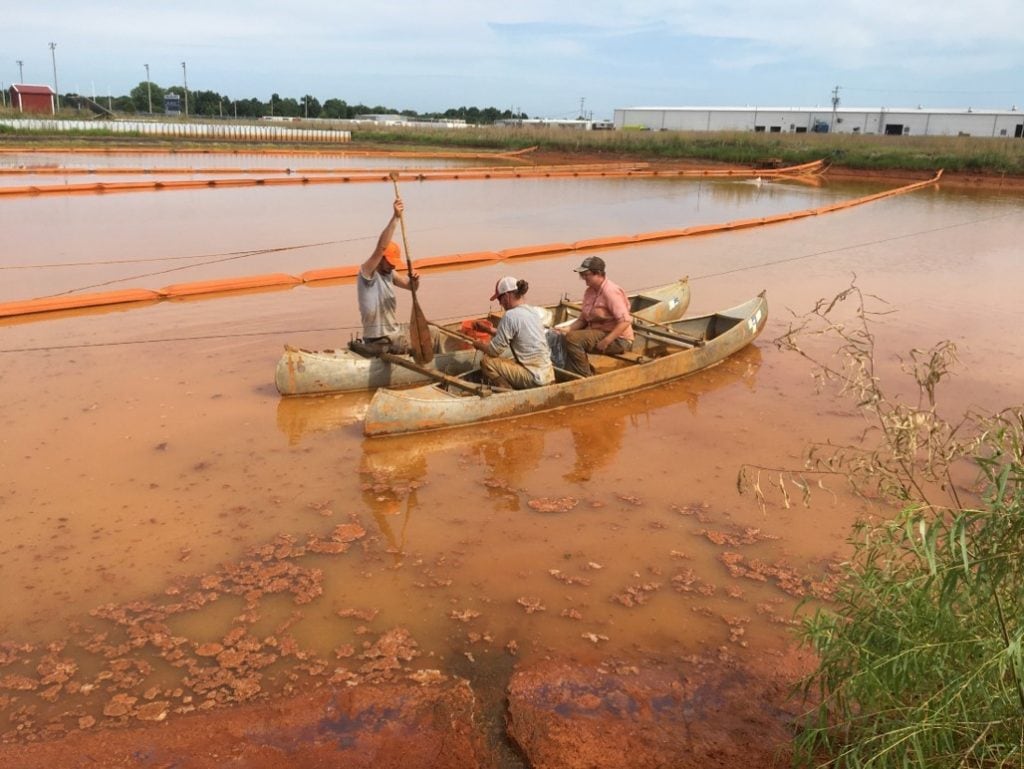
When talking about the future, the students focused on the key elements of EWN: using science and engineering to produce operational efficiencies to better understand systems and achieve desired outcomes by leveraging natural processes and working collaboratively with local communities. As Justine puts it, “I think that there’s a lot to be said about considering how to work with nature instead of imposing our will on nature. That’s a lot of what EWN is about.”
Joseph’s vision is for future generations to be able to appreciate rivers as he does: “I want to work in a space where I can ensure that rivers are going to flow as wild and as free as possible, but it’s kind of balancing all of the services that rivers provide. In places where there’s going to be dams, we can manage them in ways that are least to people downstream, whether it’s fishing for livelihoods or recreating on boats.” Joseph is also dedicated to sharing his knowledge and passion by mentoring and teaching future scientists through the NexGen Mekong Scientists program. Through this program, Arizona State University and the U.S. Department of State partner to build a network of young scientists in Cambodia, Laos, Thailand, and Vietnam. Joseph says it is a two-way street: “As much as I’m able to provide, I feel like I’m getting more back from the folks that are here. There’s a tremendous amount of knowledge that each individual person that I work with in Cambodia has.”
Matt adds that, even as grad students, they can help dispel uncertainties around the application of nature-based solutions through the research projects they are working on. “Then maybe we can get to a place where this is commonplace for engineers, for general engineering practice. I think that would be a big step forward in a transition to a more environmentally sustainable world.” Jeff agrees: “As a graduate student, you may feel sometimes like you’re not quite ready or in a position to be able to communicate information about your work and why it’s important because you’re so relatively new in that career track. But that’s just not true. You’ve got very important messages to share, and you need to be finding those opportunities to get out there and tell people your story.”
November 8 is STEM and STEAM Day, which stands for science, technology, engineering, arts, and mathematics. The purpose is to inspire students. Joseph, Justine, and Matt offered advice to future students, assuring them that there’s no one path; take your time; you don’t have to have it all figured out right now; and above all, follow your passion. As Joseph says, “I wish I’d have learned in grade school that we know so little. There’s so much exploration that’s out there to be discovered. Let your curiosities run wild, dream big and most importantly, embrace, celebrate, and lean into your failures.” Justine adds, “Follow what you’re actually concerned about, like climate change, and put your energy into working on solutions.”
Matt directed his advice to parents: “Take your kids outside. Go somewhere wild and with some acreage and try to open their mind to ideas in science and environmental stewardship. Do everything you can to set them up for an organic experience of total and complete awe with the natural world.”
Jeff wraps up the episode by sharing his excitement for the future: “We are in good hands with this next generation. I feel so good about the passion, the intensity, and the intellect that students—not only the three that we have here today, but students around the globe—are going to bring to this space and help us overcome all the challenges that we have in front of us today.”




